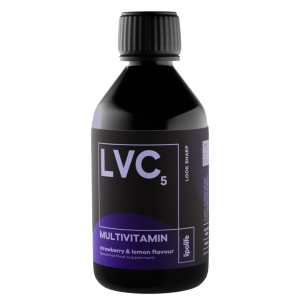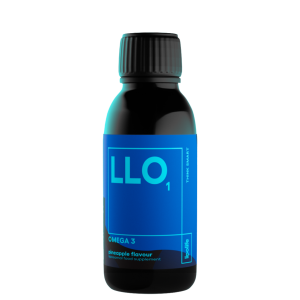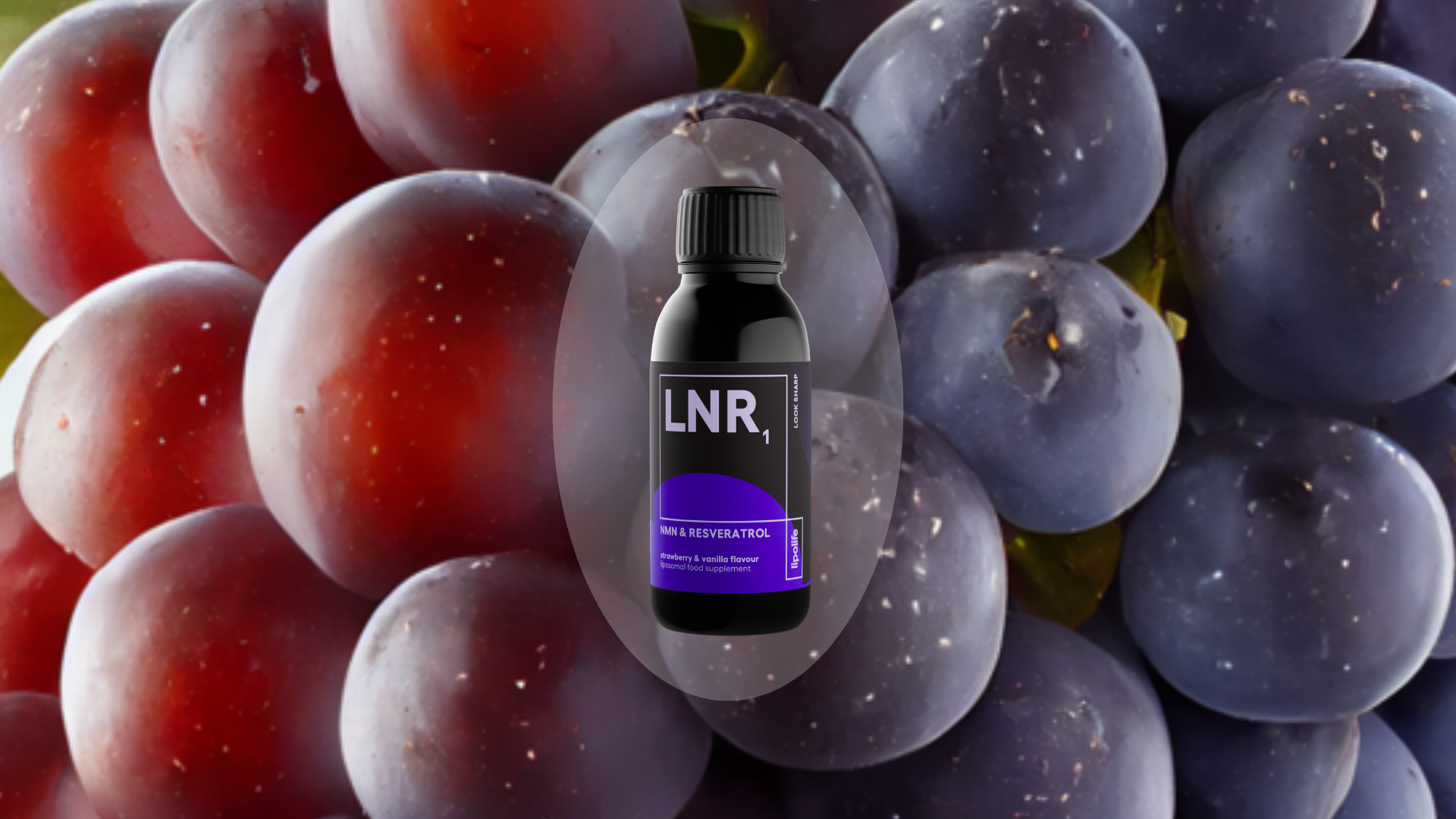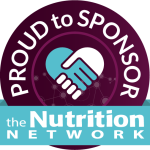Improve eye health through Nutrition
Date

The human eye, a marvel of biological engineering, relies on a symphony of intricate components to function at its best. Just like any other part of the body, the eyes demand a balanced intake of nutrients to preserve optimal function and sustain clear vision.
Understanding Eye Anatomy
To appreciate the role of nutrition in eye health, it’s essential to grasp the fundamental structures that make up our eyes. The eye is a complex organ comprised of interconnected parts, including the cornea, lens, retina, and optic nerve. Light enters through the cornea, travels through the lens, and focuses on the retina. Here, photoreceptor cells, known as rods and cones, convert light into electrical signals. These signals are then transmitted via the optic nerve to the brain, allowing us to perceive the world around us.

What are the key nutrients for optimal eye-health?
Vitamin A: Perhaps the most renowned nutrient for eye health, vitamin A is vital for maintaining clear vision. A deficiency can lead to night blindness and other vision problems. Vitamin A plays a critical role in retina health and the function of light-sensitive cells. Foods rich in vitamin A include sweet potatoes, carrots, spinach, and liver.
*Taking a multivitamin supplement is a great way to complement the nutrients found in food.
Vitamin C: Another essential antioxidant, vitamin C, plays a crucial role in protecting the eyes from oxidative damage caused by free radicals. It also supports the health of blood vessels supplying the eyes. Excellent sources of vitamin C include berries, citrus fruits, and bell peppers.
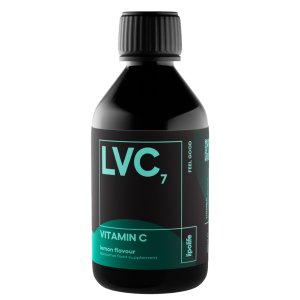 *While vitamin C is generally well absorbed in most people, it does not remain in circulation for long (generally only a couple of hours) As we head into the winter months, LVC7 could be an option for those seeking an ethanol free and great tasting supplement.
*While vitamin C is generally well absorbed in most people, it does not remain in circulation for long (generally only a couple of hours) As we head into the winter months, LVC7 could be an option for those seeking an ethanol free and great tasting supplement.
Zinc: A vital mineral that is indispensable for maintaining the health of the retina. It assists in the transportation of vitamin A from the liver to the retina, where it’s crucial for vision. Therefore, maintaining adequate zinc levels is essential. Foods high in zinc include oysters, beef, chickpeas, and pumpkin seeds.
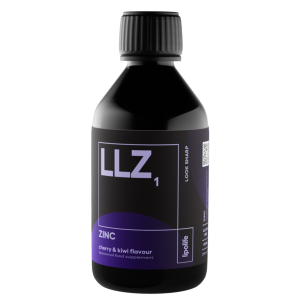
*The body doesn’t store excess zinc, so it must be obtained regularly from your diet.
Omega-3 Fatty Acids: Particularly, docosahexaenoic acid (DHA), is essential for maintaining the structure and function of cell membranes in the eyes. Omega-3 sources include fatty fish such as salmon, walnuts, and flaxseeds.
*A plant-based alternative to traditional fish oils in a highly absorbable form.
The Role of Antioxidants
Antioxidants are compounds that shield the body’s cells, including those in the eyes, from the harm inflicted by free radicals—unstable molecules that can damage cells and contribute to eye conditions such as cataracts and age-related macular degeneration (AMD). Vitamins C and E, as well as lutein and zeaxanthin, function as antioxidants in the eye, neutralizing free radicals and diminishing the risk of oxidative damage to the retina and other eye tissues. A diet abundant in fruits and vegetables, which are rich in these antioxidants, can be instrumental in preserving eye health.
The Importance of a Balanced Diet
While individual nutrients undoubtedly play pivotal roles in maintaining eye health, the synergy between various nutrients must not be overlooked. Interactions between nutrients can affect their absorption and utilization, underscoring the importance of a well-rounded diet featuring a diverse array of foods.
Furthermore, maintaining a healthy weight through a balanced diet can serve as a preventive measure against conditions like diabetes and hypertension—risk factors for eye diseases such as diabetic retinopathy and glaucoma. In this holistic approach to eye health, nutrition plays a pivotal role in safeguarding our windows to the world.
